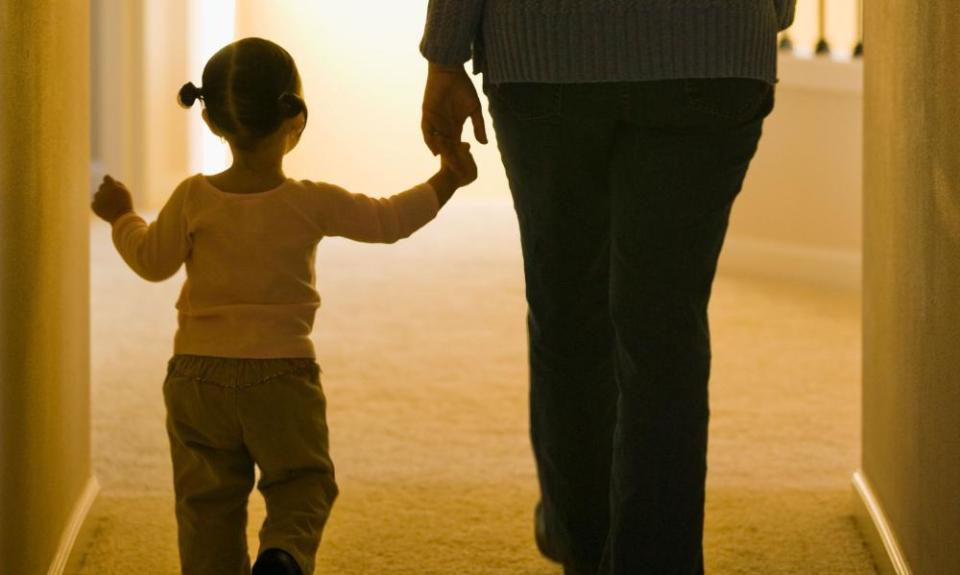The Guardian view on nurseries: a case of neglect

Unless you are the parent or grandparent of a toddler, or employed in early years education, you may have missed the announcement that nurseries and other childcare settings in England were due to reopen on Monday, along with almost half of primary school classes. The sector, which includes around 40,000 childminders working from their own homes and a slightly smaller number of nurseries, has not featured much in lockdown reports or ministers’ speeches, despite having remained open throughout the lockdown to vulnerable children and those of key workers. This is hardly a surprise. It is more than 20 years since New Labour placed under-fives at the heart of public policy, with its Sure Start programme. Since then, a decade of austerity has put a brake on progress and returned early years to its former lowly status.
Now, the stresses placed on the sector by coronavirus threaten to destabilise it further. Neil Leitch, the chief executive of the Early Years Alliance, a membership organisation for nurseries and childminders, has accused the government of a “frankly appalling” attitude, and warned that multiple providers could go out of business.
A survey found almost 60% of parents and carers were planning to keep young children at home this week. Like many parents of older children (and perhaps more than them, given toddlers’ difficulties with distancing and physical dependency on adults), they are concerned about whether returning to group settings is safe. But unlike schools, most nurseries cannot rely on public funding, and they have only been given conditional access to the government’s furlough scheme. Since they are a vital piece of social infrastructure, which contribute to children’s development while enabling parents to work, the Treasury, education and business departments should all pay attention to this threat.
Some experts have criticised what they regard as a poorly worked-out plan for a June reopening, and have suggested that the youngest children would have been better off at home until September. Women’s groups have also raised concerns. They point to disruption in the childcare sector as causing increased inequality, with mothers doing more unpaid domestic work than fathers during lockdown, and also more likely to have lost or given up their jobs. Given that almost 95% of workers in the early years sector are women, whose already low pay fell by 5% in real terms between 2013 and 2018, the harm to women’s lives caused by nursery closures is double-sided, hitting them both as service users and providers.
Last week, Boris Johnson laughed when challenged by Caroline Nokes, the Tory chair of the women and equalities committee, over the lack of women in the team of ministers leading the coronavirus response. Of course, there is no reason why male politicians should not address concerns surrounding early years, or the other ways in which women are likely to be disproportionately affected by the economic fallout of the pandemic, overrepresented as they are among low-paid and insecure workers.
But the exchange was disappointing. Gender roles, and contempt for dependency, are among the reasons why caring jobs got lumbered with their “low-skilled” Cinderella status in the first place. There is nothing funny about women’s rights going backwards.

